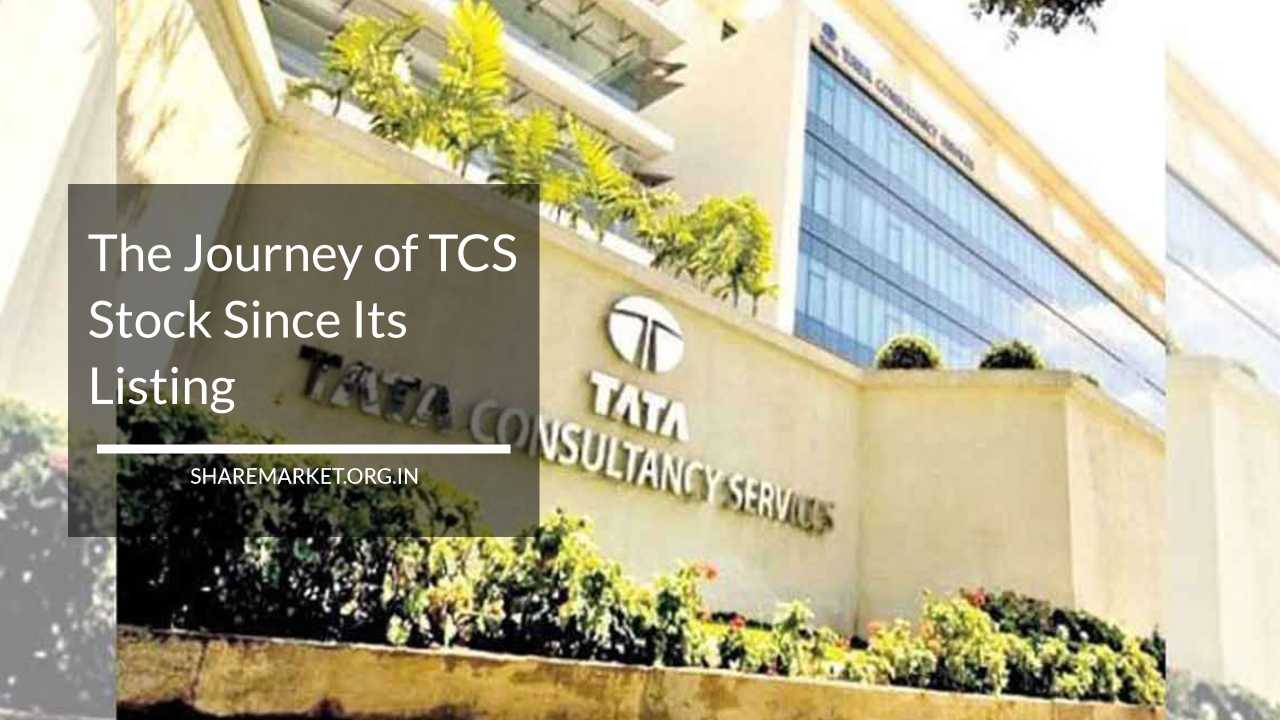Gensol Engineering Stock Crash: From Rs 1377 to Rs 147 in Just 14 Months

Gensol Engineering Ltd
Gensol Engineering Stock Crash: A Steep Decline from ₹1377 to ₹147 in 14 Months
Gensol Engineering, once a promising player in the stock market, has experienced a catastrophic collapse, with its stock value plummeting more than 89% in just 14 months.
From a record high of ₹1377 in early 2024, the stock has fallen to a record low of ₹147.55 on April 8, 2025, wiping out most of the value investors had placed in the company.
This sharp decline has raised serious concerns about the company’s future, its governance, and the overall health of its financial operations.
The downturn has been characterized by an overwhelming amount of selling pressure, with the stock climbing only twice in the past 29 trading days since February 21, 2025.
Despite occasional minor recoveries, Gensol’s shares have largely been on a downward trajectory, causing considerable distress among its investors.
As the stock continues to struggle, it faces growing scrutiny from market participants and credit rating agencies.
Stock Performance: A Steady Decline Amidst Continuous Selling Pressure
Gensol Engineering’s stock has been under persistent selling pressure for more than a year. After reaching its all-time high of ₹1377.10 in January 2024, the stock began its steady descent.
Over the past 14 months, it has lost more than 89% of its value, falling to ₹147.55 as of April 8, 2025. This rapid decline has not only devastated investor portfolios but also raised serious concerns about the company’s financial health and governance practices.
What makes this decline particularly alarming is the fact that the stock has been in a nearly continuous freefall, with very few instances of recovery.
The stock has risen on only two occasions in the last 29 trading days, underscoring the lack of investor confidence.
The first recovery happened on March 19, 2025, when the stock surged by 5%, hitting its upper circuit limit.
The second rise came on April 3, 2025, with the stock increasing by 3%. While these brief upticks might have offered a glimmer of hope, they have done little to reverse the broader downward trend.
On April 8, 2025, the stock closed at a lower circuit limit of ₹147.55 on the Bombay Stock Exchange (BSE), triggering additional alarms about the future prospects of the company.
This marks another day of heavy losses, as the stock continues to underperform and spiral downward. The situation has become so dire that the stock has been placed under the first stage of the Enhanced Surveillance Measures (ESM) framework by the exchanges.
This special monitoring is a direct result of the stock’s extreme volatility and the concerns surrounding its future stability.
Rating Agencies Downgrade and Allegations of Fraudulent Practices
The drastic decline in Gensol’s stock has been exacerbated by negative reports from two major credit rating agencies—ICRA and CARE Ratings.
These agencies have expressed serious concerns about the company’s financial practices, specifically its debt servicing track record. In its report, ICRA accused Gensol of submitting fake documents related to its debt servicing, raising doubts about the company’s liquidity position and governance.
This caused a significant loss of trust among investors, further fueling the stock’s decline.
CARE Ratings followed ICRA’s lead and downgraded the company’s credit rating, citing delays in debt servicing as a major issue.
The rating agency’s decision to downgrade Gensol’s creditworthiness has had a significant impact on investor sentiment, deepening the market’s fears about the company’s ability to meet its financial obligations.
These downgrades have made it increasingly difficult for Gensol to raise capital, as investors are now more cautious about the company’s future.
In response to these allegations, Gensol’s Chairman and Managing Director, Anmol Singh Jaggi, appeared on CNBC-TV18 to deny any wrongdoing. He explained that the company had formed an independent committee to investigate the allegations raised by ICRA and reassure investors that all matters would be addressed transparently.
Despite these assurances, the damage to the company’s reputation was already done, and many investors remained unconvinced.
Troubling Developments: Promoters Sell Stakes Amid Financial Troubles
The situation at Gensol Engineering took another troubling turn when the company’s promoters, who had previously promised to increase their stake to boost investor confidence, were forced to sell some of their holdings in the open market.
This move raised questions about the promoters’ commitment to the company and further eroded investor confidence.
Just last month, Gensol Engineering approved the allotment of 4,43,934 equity shares by converting warrants issued to the promoters on a preferential basis. The allotment was made at ₹871 per share, with a premium of ₹861 per share.
The decision to issue shares at a high premium, amid a crashing stock price, suggested that the promoters may have been trying to raise capital to address the company’s mounting financial challenges.
However, it also highlighted the widening gap between the company’s stock value and the price at which new shares were being issued, raising questions about the financial stability of Gensol Engineering.
The Company’s Governance Issues and Investor Fallout
Gensol’s stock collapse is not just a result of poor financial performance, but also indicative of deeper governance issues.
The allegations of fraudulent practices surrounding debt servicing and the company’s financial reporting point to serious lapses in oversight.
While the independent committee formed by the company’s management is meant to address these concerns, it remains to be seen whether these measures will restore confidence among investors.
Additionally, Gensol’s decision to issue new shares to the promoters, followed by the sale of their stake in the open market, has further damaged the company’s reputation.
These moves have cast doubt on the company’s governance practices and the integrity of its management, leading to a loss of investor trust.
For many investors, Gensol Engineering has now become a cautionary tale about the risks of investing in companies with poor governance and questionable financial management.
Outlook for Gensol Engineering: Can It Recover?
Given the severe loss of value in Gensol’s stock and the ongoing challenges surrounding the company’s governance, it is unclear whether the company can recover.
The stock has been underperforming for more than a year, and with negative reports from credit rating agencies and questions about its financial health, the road to recovery seems long and uncertain.
The company’s management will need to take decisive steps to restore investor confidence, including addressing the allegations of fraudulent financial reporting, improving governance practices, and demonstrating a clear path to financial stability.
Until these issues are resolved, Gensol Engineering may continue to struggle in the market.
In conclusion, the rapid collapse of Gensol Engineering’s stock highlights the dangers of poor governance, financial mismanagement, and market volatility.
Investors who had placed their faith in the company have suffered severe losses, and the company’s future remains highly uncertain.
Gensol’s stock crash serves as a stark reminder of the risks inherent in the stock market and the importance of thorough research and due diligence before making investment decisions.

















